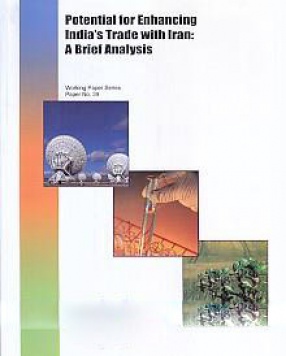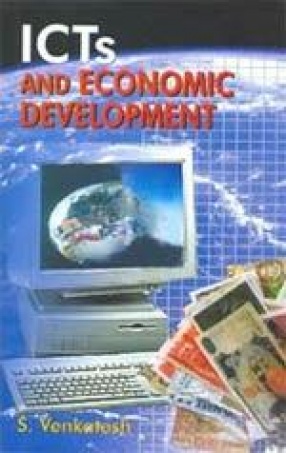World Trade Organization (WTO) was formed as a result of the Uruguay Round of Multilateral Trade Negotiations. The WTO agreement has come into force from January 1995, replacing GATT and India along with 110 other countries became the founder members of the WTO. WTO shall be regulating global trade in commodities, agriculture, textiles, international services like insurance and tourism, protection of intellectual property rights, reduction in state subsidies, etc. It places special emphasis on the removal of non-tariff trade barriers and low level of tariffs. It is expected to provide the conduct of trade relations among its members. In this new world economic scenario where the WTO envisages a global market based on competition, the Third World countries will be exposed to competition from the rich and developed countries, globalization of markets has meant sudden and fierce competition, unbridled imports, pressure to change form indigenous and probably poor technology to borrowed technology which is costly both in terms of price and the additional cost of training to use it. In this context articles in this book try to analyze and suggest the strategies available to the large majority of Third World Countries including India where a majority of the world population live.
Development Agenda of Third World Countries Under The WTO Regime (In 2 Volumes)
In stock
Free & Quick Delivery Worldwide
Bibliographic information
Title
Development Agenda of Third World Countries Under The WTO Regime (In 2 Volumes)
Author
Edition
1st ed.
Publisher
ISBN
8186771700
Length
xviii+416p.,xviii+417-823p., Figures; Tables; References; Index; 23cm.
Subjects





There are no reviews yet.